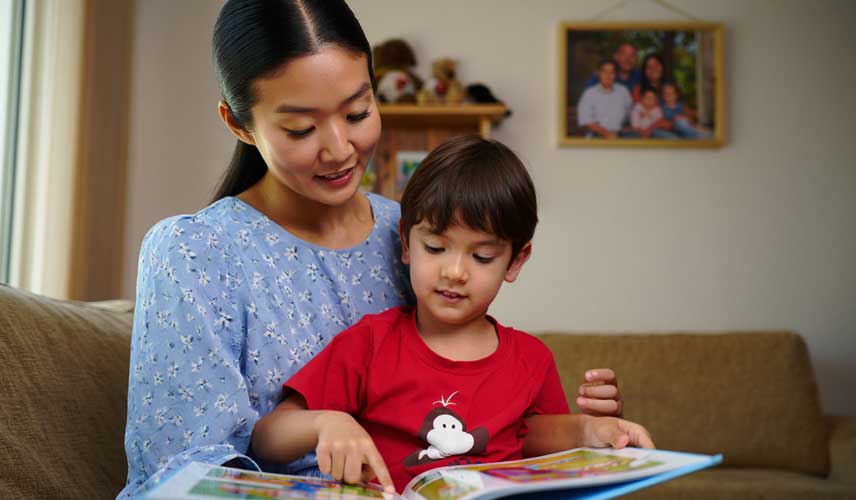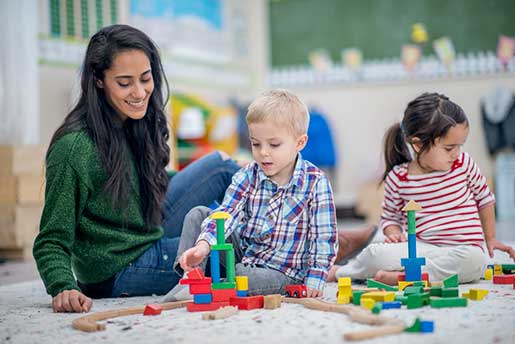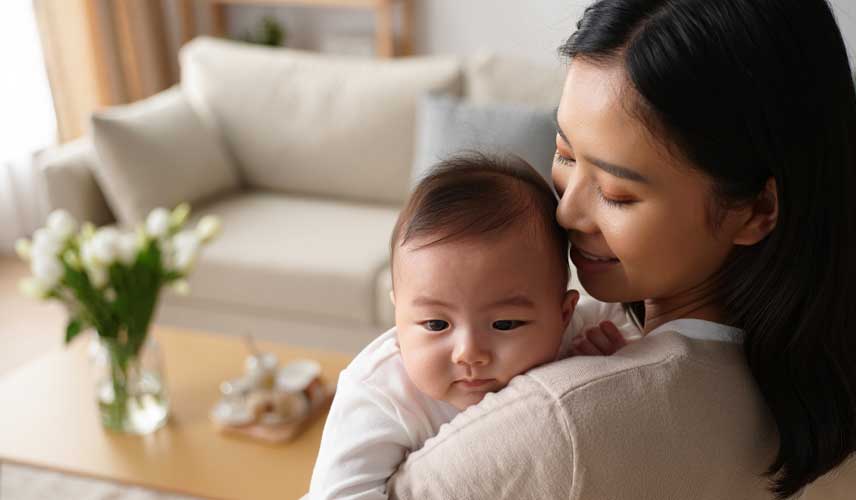
Why Are Filipino Caregivers So Popular?

In today's world, the employment of international personnel, especially in the fields of child care, elderly care, and domestic services, is becoming increasingly common. One of the prominent nations in this field is Filipino caregivers. In many countries, including Turkey, Filipino caregivers are in high demand and are becoming a popular choice among families. So, what makes Filipino caregivers so special and a preferred choice? In this comprehensive guide, we will examine in detail the reasons behind the popularity of Filipino caregivers.
1. High Level of English Proficiency: Breaking Down Communication Barriers
One of the biggest advantages of Filipino caregivers is their ability to speak English very well. Due to the Philippines being a former colony of the United States, English is one of the official languages of the country and is widely used in the education system. The fact that all subjects are taught in English from elementary school onwards enables Filipinos to speak English at a native level.
Ease of Global Communication: Their knowledge of English is a significant advantage, especially for families who speak foreign languages or parents who want to teach English to their children at an early age. This allows for effective communication between the caregiver and the family, and children have the opportunity to learn English in a natural language environment.
Contribution to Academic Development: Knowledge of English allows for support in children's school subjects. The caregiver can assist with the child's homework and contribute to the development of their language skills.
2. Cultural Traits and Family Orientation: Compassion and Respect
Filipino culture is built on the importance of family, respect for the elderly, and hospitality. These cultural values reflect in the work of Filipino caregivers and become significant characteristics that set them apart from other candidates.
Patience and Compassion: Filipino caregivers are generally very patient, calm, compassionate, and cheerful. This positive approach they show while caring for children or the elderly ensures that those in need of care feel safe and loved in their environment.
Empathy and Understanding: They have a high ability to understand the emotional needs of others and to empathize. This allows them to support the emotional development of children, adapt to the moods of the elderly, and maintain an understanding attitude even in challenging situations.
Respect and Adaptability: In Filipino culture, respect, hierarchy, and harmony are important values. Therefore, they behave respectfully towards the families they work for, adhere to the house rules, and strive to fulfill the given instructions completely. Their ability to easily adapt to different cultural backgrounds also accelerates the adaptation processes.
Dedication and Loyalty: Many Filipino caregivers view the families they work for as their own and show great commitment and loyalty. This helps them establish long-term and stable working relationships.
3. Professionalism and Work Discipline: Reliable and Responsible
Filipino caregivers are recognized for their work discipline, sense of responsibility, and professional approach.
Diligence and Thoroughness: They carry out assigned tasks meticulously and manage their work in an organized and efficient manner. They are careful and detail-oriented regarding house cleaning, organization, meal preparation, or patient care.
Sense of Responsibility: They have a high sense of responsibility towards the individuals they care for. They always prioritize the safety and well-being of children or patients.
Problem-Solving Ability: They have developed the ability to remain calm and act solution-oriented when faced with stressful situations or unexpected problems.
Taking Initiative: They can take initiative within certain limits, manage daily routines without disruption, and strive not to add extra burden to the family.
4. Educated and Qualified Workforce: Expertise in Various Fields
The Philippines is one of the largest labor-exporting countries in the world and places great importance on training programs aimed at the care sector.
Care Training: Many Filipino caregivers have received specialized training in their country or according to international standards in areas such as child care, elderly care, first aid, and hygiene. These trainings enhance their professional competence and serve as a reassuring factor for families.
Knowledge of Child Development: Child caregivers are aware of child development. They can organize age-appropriate activities, play developmentally supportive games, and contribute to educational processes.
Household Skills: They possess knowledge and skills not only in caregiving but also in basic household chores (cleaning, ironing, cooking, etc.). This provides an additional advantage, especially for families looking for live-in caregivers.
5. Willingness to Work Live-In and Flexibility: Full-Time Solutions
Finding live-in caregivers can sometimes be challenging, especially in the local labor force. However, Filipino caregivers are generally more inclined to work live-in.
International Experience: Many Filipino caregivers have already left their country to work internationally and are accustomed to working live-in in different cultures. This makes them ideal candidates for live-in positions.
Flexibility: They generally exhibit a flexible approach regarding working hours and job descriptions. They can adapt to the special needs of the family or changing schedules.
6. Legal Processes and Reliability: Ease with Agency Support
Employing a Filipino caregiver in Turkey requires certain legal procedures. These processes can be managed more easily and securely through professional agencies.
Work Permit: For Filipino caregivers to work legally in Turkey, a work permit must be obtained from the Ministry of Labor and Social Security. This process is usually initiated by the employer.
Insurance and Social Security: After obtaining a work permit, it is mandatory to include the caregiver in the social security system (SGK). This protects the rights of the caregiver and ensures that the employer fulfills their legal obligations.
Agency Support: Reliable consulting and human resources agencies provide professional support to families in all these legal processes (visa, work permit, insurance transactions, etc.). This way, families are protected from legal risks, and the process proceeds smoothly.
The reasons behind the popularity of Filipino caregivers worldwide, especially in Turkey, are quite diverse. Their good command of English, warm and patient cultural structure, high work discipline, the training they receive, and their willingness to work live-in make them the first choice for many families.
Of course, like every individual, each Filipino caregiver has their unique characteristics and skills. Therefore, when employing a Filipino caregiver, conducting thorough research considering the criteria mentioned above, checking references, and working with a professional agency is the key to finding the right and reliable candidate.
Nanny and Caregiver Selection Other Content in the Category

Nanny and Caregiver Selection
Preferred Filipino Caregiver at Work

Nanny and Caregiver Selection
Characteristics of Filipino Caregivers

Nanny and Caregiver Selection
Common Mistakes Families Make When Choosing a Babysitter

Nanny and Caregiver Selection
Tips for Those Looking for Daytime Caregivers

Nanny and Caregiver Selection
We are a Private Employment Agency

Nanny and Caregiver Selection
2026 Bakıcı Maaşları

Nanny and Caregiver Selection
Why Are Filipino Caregivers So Popular?

Nanny and Caregiver Selection
Caregiver Salaries 2025

Nanny and Caregiver Selection
Caregiver Selection During the Pandemic Process

Nanny and Caregiver Selection
Corona Caregiver

Nanny and Caregiver Selection
How to Prepare a Babysitter Job Advertisement?

Nanny and Caregiver Selection
5 Tips for Vacationing with a Caregiver

Nanny and Caregiver Selection
Tips for Summer Vacation for Families with Children

Nanny and Caregiver Selection
Why Choose a Foreign Nanny

Nanny and Caregiver Selection
